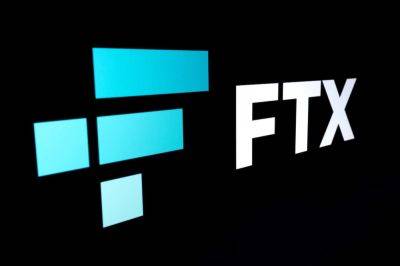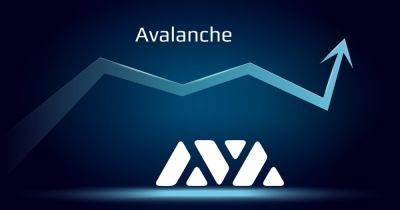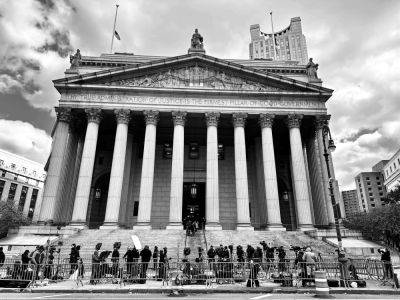Crypto Regulation News Weekly Digest: SafeMoon Executive Charges and FinCEN’s Mixing Service Proposal
The cryptocurrency industry increasingly finds itself under the purview of regulators striving to balance innovation with consumer protection and financial stability, as crypto regulation evolves worldwide.
In just the past seven days, U.S. regulators and lawmakers made substantial moves that could have resounding impacts on the crypto industry.
The U.S. Treasury’s Financial Crimes Enforcement Network (FinCEN) proposed rules to regulate cryptocurrency mixing services, which can enable money laundering.
Meanwhile, Republican legislators pushed back against crypto accounting guidance from the U.S. Securities and Exchange Commission (SEC).
The SEC also filed fraud charges against executives of SafeMoon, a major cryptocurrency token, accusing them of misleading investors — the latest strike in the agency’s crackdown on crypto misconduct.
On a more positive note, Coinbase launched regulated, leveraged crypto futures trading for U.S. clients, aligning with the industry’s broader regulatory compliance efforts.
With crypto regulation remaining very much in flux, this column will break down key developments in clear, impartial language to foster understanding. The coming installments will continue tracing this rapidly shifting terrain.
The U.S. Treasury’s Financial Crimes Enforcement Network (FinCEN) put forth a regulatory proposal last week to bring convertible virtual currencies (CVCs) under existing anti-money laundering regulations.
The move targets cryptocurrency mixing services, also known as tumblers, which are used to obscure the trail of crypto transactions. FinCEN views these services as a means for potential money laundering.
BREAKING –
Read more on cryptonews.com






















